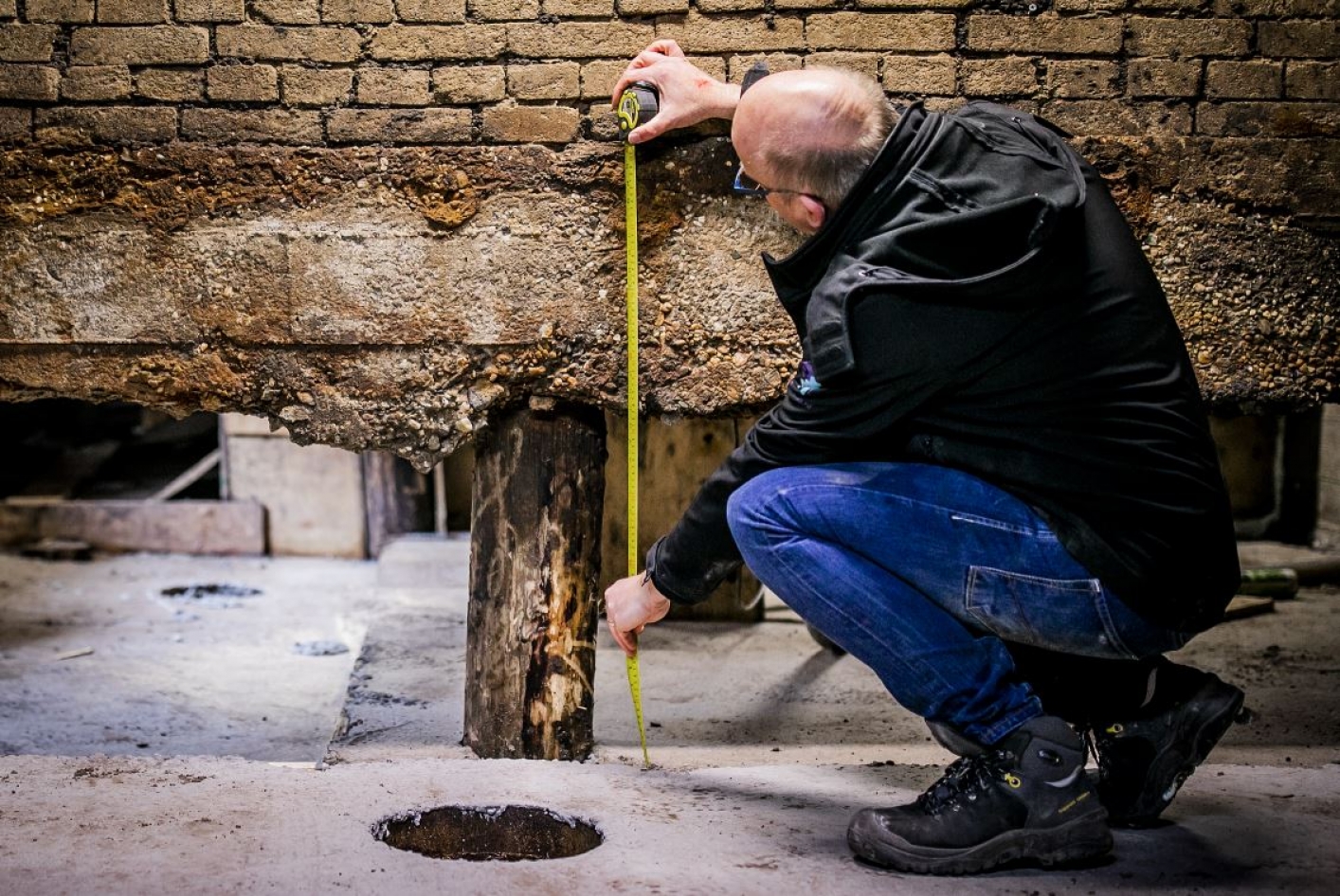
Background and request for advice
On 9 October 2023, the caretaker Minister of the Interior and Kingdom Relations requested the Council to issue an advisory opinion in the near future on a national approach to tackling the problem of foundation damage (including as a result of land subsidence and climate change). This request was also made on behalf of the caretaker Minister of Agriculture, Nature and Food Quality and the caretaker Minister of Infrastructure and Water Management.
The problem of foundation damage affects large parts of the Netherlands. Exact figures are not yet available, but potentially 500,000 to more than 1 million homes may be affected, in both urban and rural areas. The problem has a major impact on those affected. Examples of the problem include the canal between Almelo and De Haandrik, the Friesian peatland meadow areas, and buildings in such cities as Dordrecht, Gouda, and Zaanstad.
Briefly, the request for advice involves the following three components:
- Based on available national and international research, identify the nature and extent of foundation problems in the Netherlands, and how these problems may develop in the coming decades due to land subsidence and climate change.
- Draw up an analysis of the weaknesses and gaps in the current approach to the issue, including what social, physical and economic risks may arise if building owners and other stakeholders are too late or insufficiently decisive in dealing with land subsidence and foundation damage.
- Make recommendations as to how best to organise a national approach to foundation damage that is feasible and fair.
The Council believes that in responding to the request for advice, it is important to consider both the technical aspects and the perceptions and experience of residents, business owners, and other stakeholders.
Timeframe
The advisory report is expected to be published in the spring of 2024.
Composition of the Council committee
The advisory report will be drawn up by a committee consisting of:
Jantine Kriens, Rli Council Member and chair of the committee
Niels Koeman, Rli Council Member
Krijn Poppe, Rli Council Member
Yourai Mol, Rli junior Council Member
External committee members:
Annemieke Nijhof, Director of Deltares, whose previous positions include Rli Council Member, DG for Water at the (former) Ministry of Infrastructure and Environment, Council Advisor at the Ministry of General Affairs, and Deputy Director of External Safety at the (former) Ministry of Housing, Spatial Planning and the Environment. Among other positions, she is also a member of the Advisory Board of the Royal Netherlands Meteorological Institute (KNMI) and a government-appointed Supervisory Director of the Dutch Central Bank (DNB).
Bernard ter Haar, former DG for Social Security and Director of Financial Markets and Deputy Treasurer-General at the Ministry of Finance, as well as a former consultant at ABDTOPConsult, and chairman of the Energy System Expert Team 2050.
For more information or to respond, please contact Joris Stok (acting project leader) at joris.stok@bmc.nl or on 06 1324 6502.